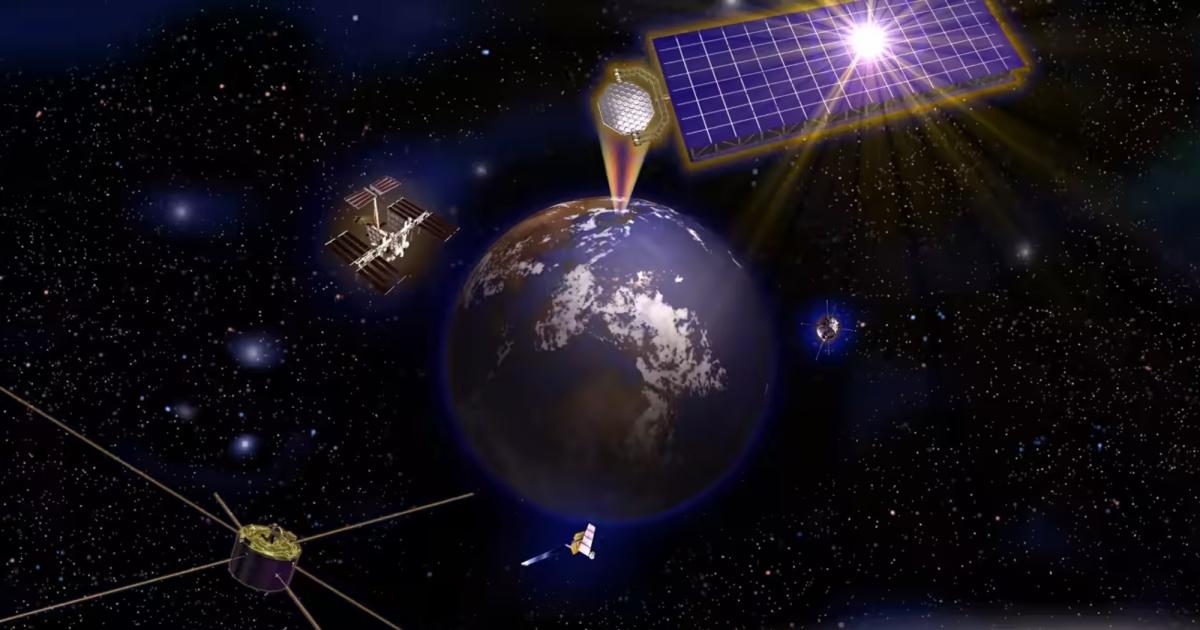

Japan and JAXA, the country’s space administration, have spent decades trying to make it possible to beam solar energy from space. In 2015, the nation made a breakthrough when JAXA scientists successfully beamed 1.8 kilowatts of power, enough energy to power an electric kettle, more than 50 meters to a wireless receiver. Now, Japan is poised to bring the technology one step closer to reality.
Nikkei reports a Japanese public-private partnership will attempt to beam solar energy from space as early as 2025. The project, led by Naoki Shinohara, a Kyoto University professor who has been working on space-based solar energy since 2009, will attempt to deploy a series of small satellites in orbit. Those will then try to beam the solar energy the arrays collect to ground-based receiving stations hundreds of miles away.
Using orbital solar panels and microwaves to send energy to Earth was first proposed in 1968. Since then, a few countries, including China and the US, have spent time and money pursuing the idea. The technology is appealing because orbital solar arrays represent a potentially unlimited renewable energy supply. In space, solar panels can collect energy no matter the time of day, and by using microwaves to beam the power they produce, clouds aren’t a concern either. However, even if Japan successfully deploys a set of orbital solar arrays, the tech would still be closer to science fiction than fact. That’s because producing an array that can generate 1 gigawatt of power – or about the output of one nuclear reactor – would cost about $7 billion with currently available technologies.










